Red blood cells grown in a laboratory have now been transfused into another person in a world first clinical trial.


Red blood cells grown in a laboratory have now been transfused into another person in a world first clinical trial.
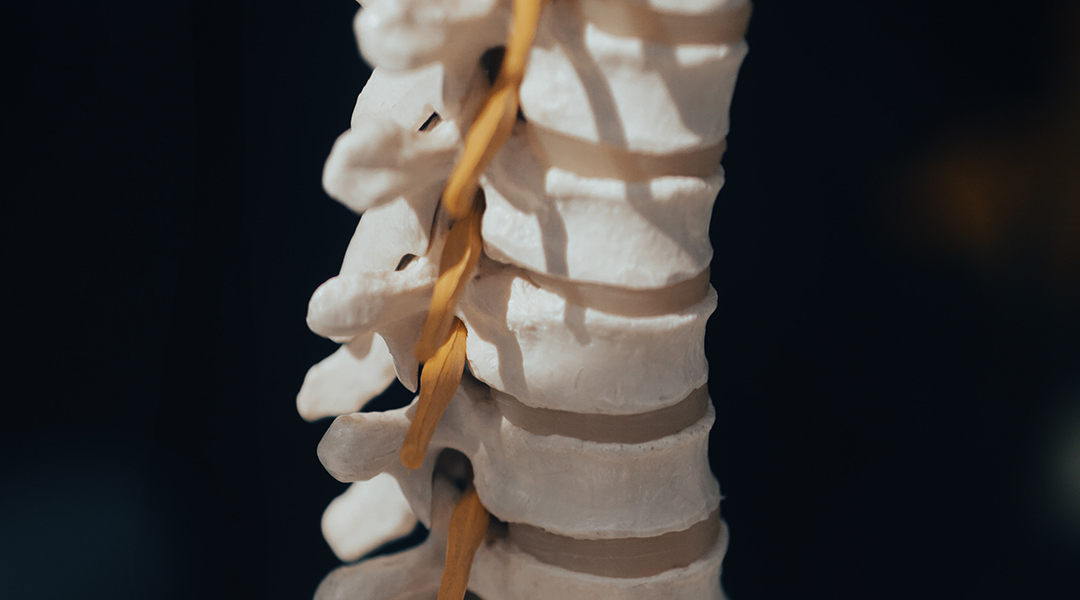
In patients with spinal cord injury, an implanted neurotransmitter restored their ability to walk, but underlying reasons were unexpected.
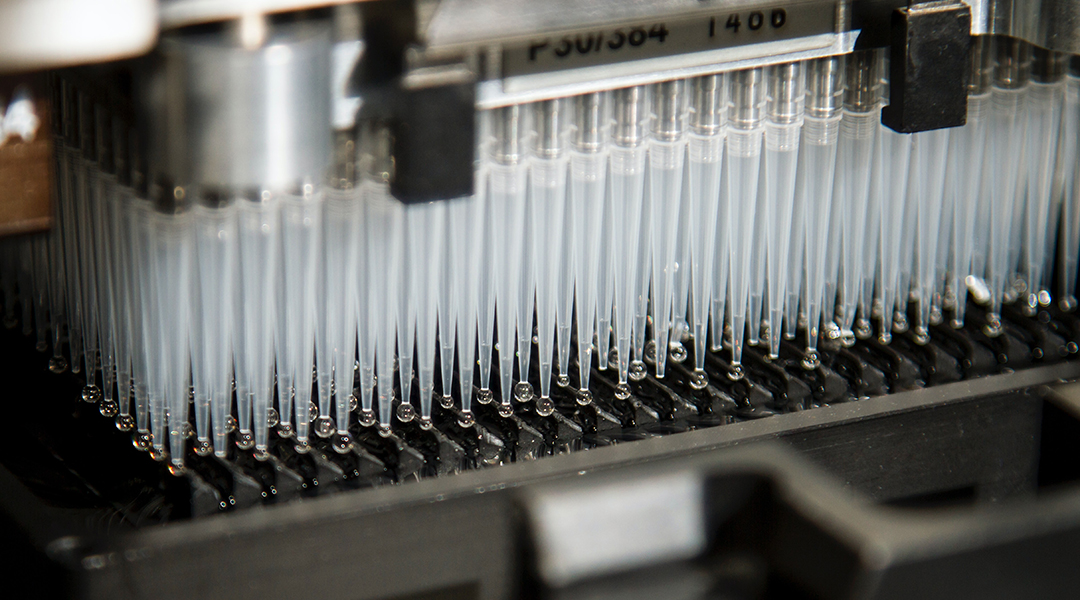
Stimulating neuron growth using a new mRNA therapy, researchers hope to treat chronic pain caused by disease, injury, or chemotherapy.
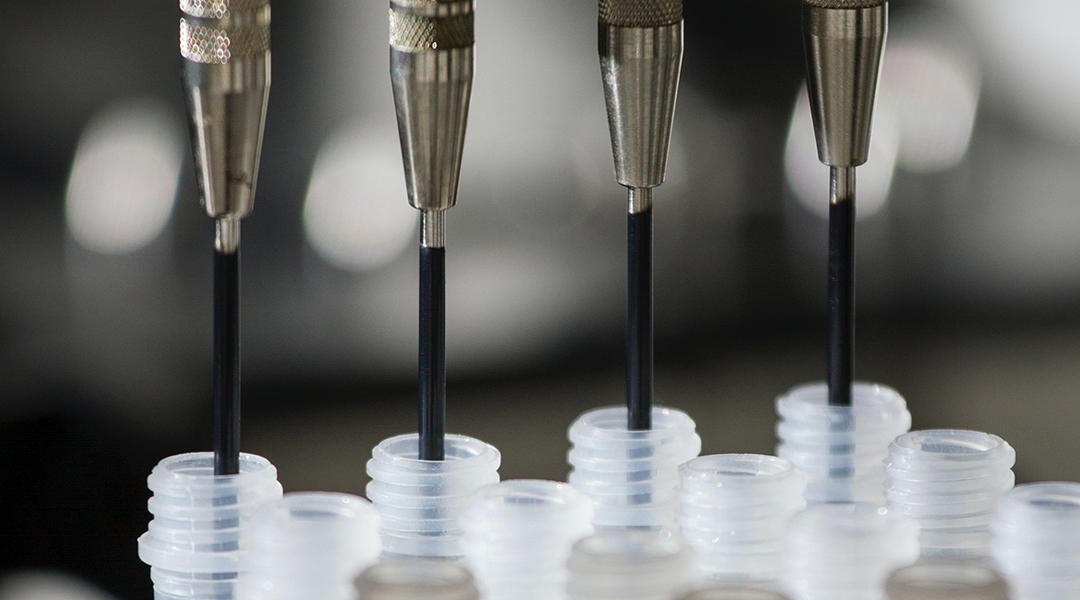
Artificial enzymes could help bring down the manufacturing costs of different medications, making them more available to patients.
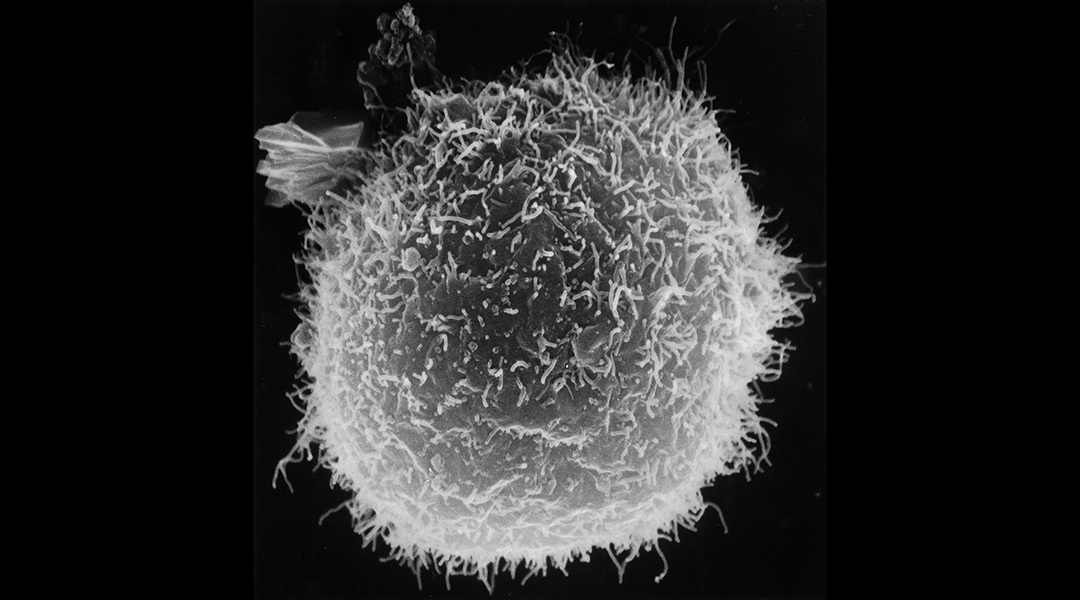
This nanoparticle cancer therapy hijacks biological processes to target cancer cells and destroy them with self-assembling components.
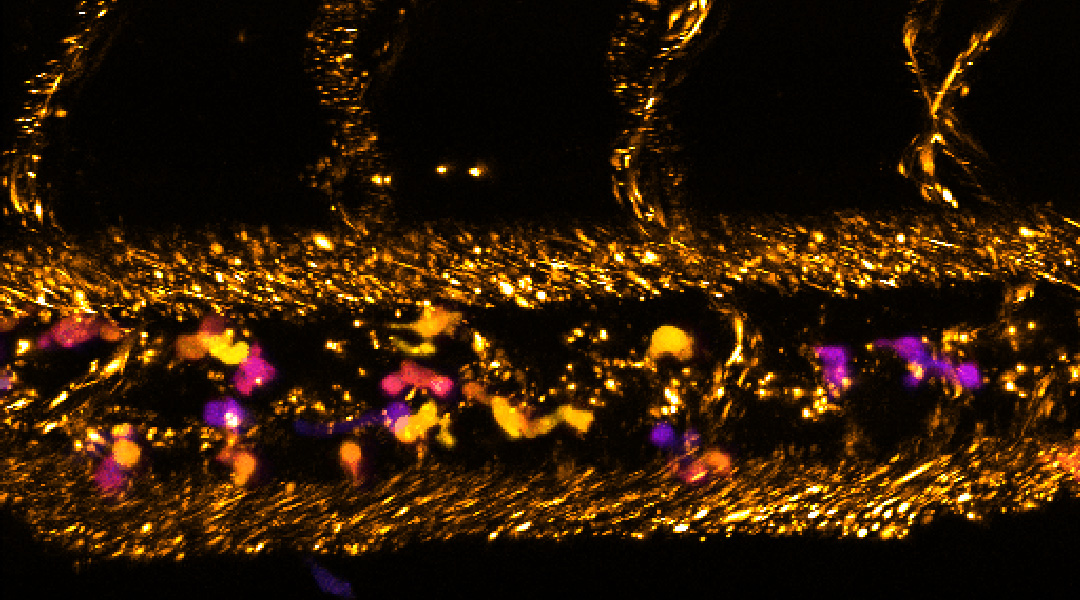
A new way of reprogramming the body’s immune cells to seek out and eliminate cancer cells, acting as an internal cancer therapy.

A new study has found dramatic reorganization in the brain’s language processing areas in adolescents who had suffered a stroke at birth.
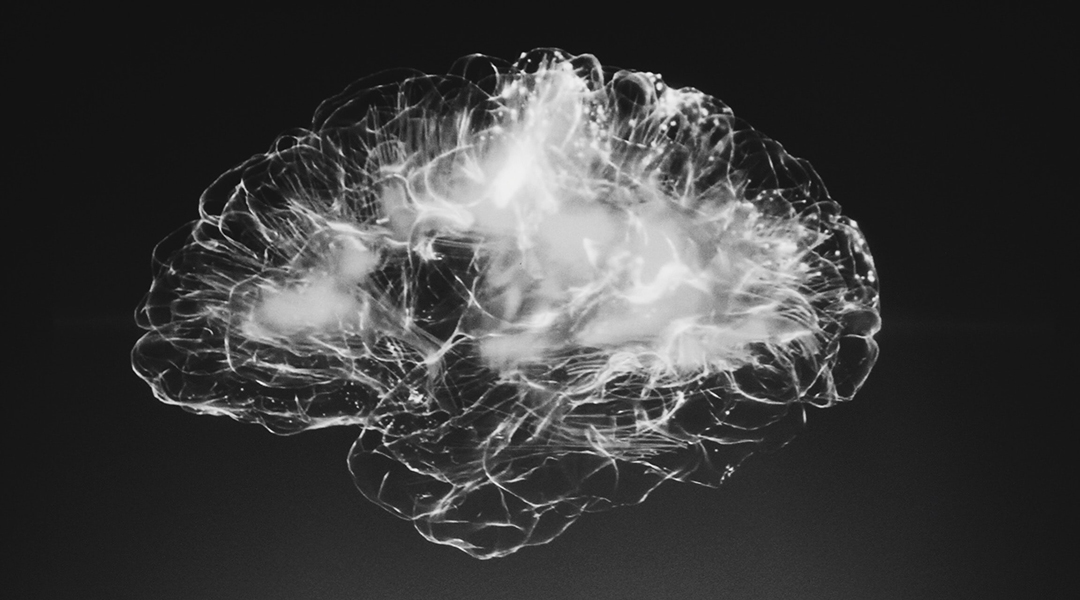
Implantable and completely dissolvable electrical devices may end the dominance of opioids in managing pain.
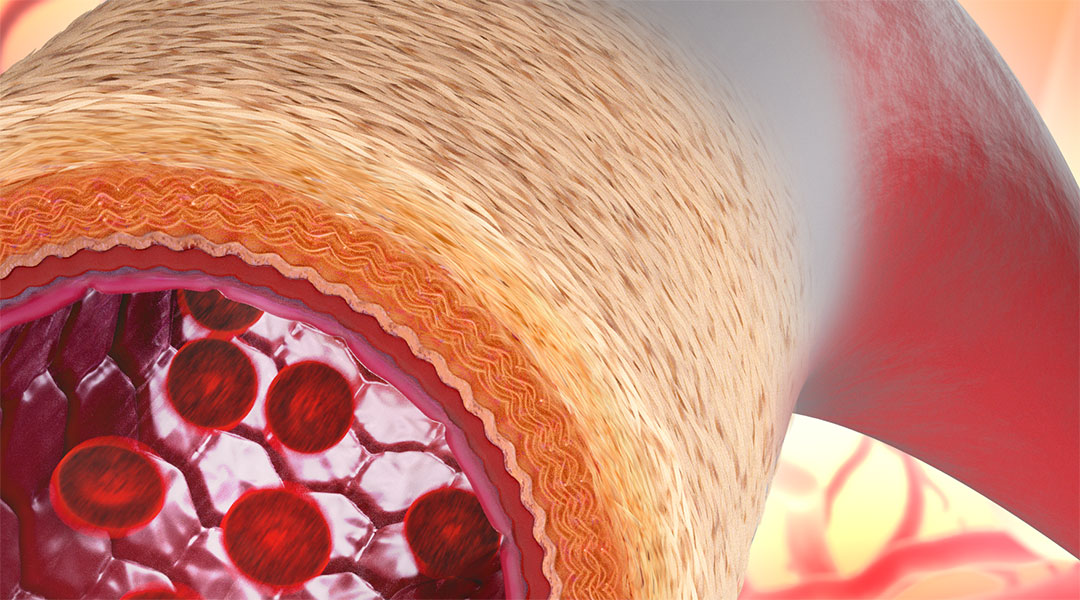
A new class of artificial blood vessel better mimics its natural counterparts and gets incorporated as a living vessel in the body after implantation.
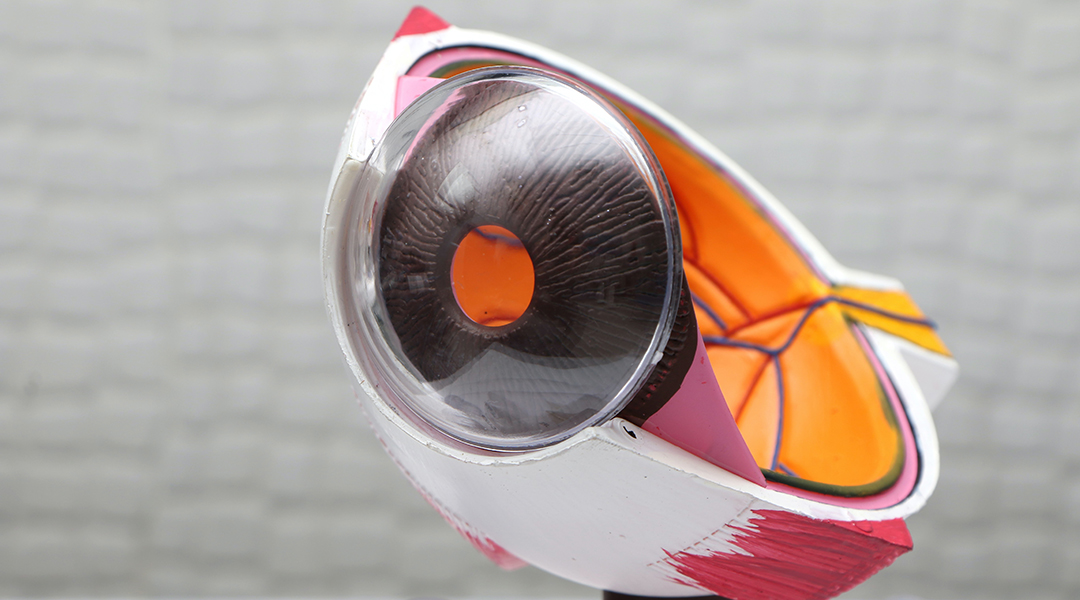
A tiny battery built into smart contact lenses produces its own power through eye blinking, relying on tears and oxygen to power its cells.